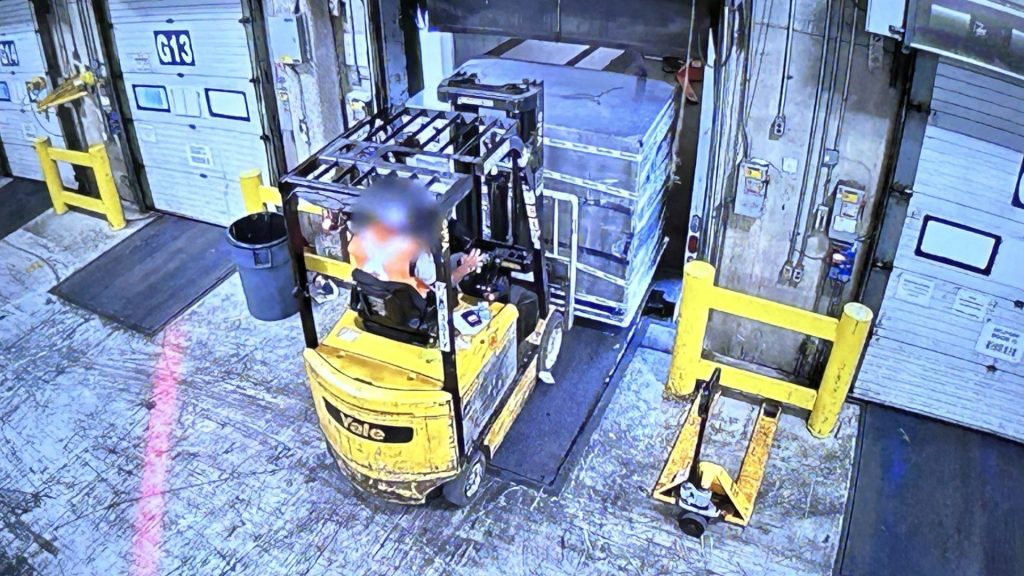Silicon Valley North: Vancouver tech surges as U.S. immigration reform idles
Posted Aug 10, 2014 04:00:03 AM.
This article is more than 5 years old.
VANCOUVER – Software engineer Pablo Guana nearly refused a job with Facebook when the company redirected him to Vancouver from Silicon Valley because his United States visa application was rejected.
“I will not go to Canada,” said the 25-year-old from Argentina of his initial reaction. “Twenty degrees below zero, are you crazy?”
Also stymied by the American immigration system — which meets only a fraction of the demand for economic green cards each year — was South African Jonathan Hitchcock, 34, who was at first disheartened that his “dream job” would be shunted to Canada.
Their struggle to obtain entry for employment epitomizes how stalled immigration reforms in the United States, along with several other factors, may be galvanizing Vancouver’s tech sector into becoming Silicon Valley North.
Ultimately, the two Facebook hires were separately convinced to give Vancouver a chance.
“One of the reasons (Facebook) does well in Silicon Valley is because all the other companies are in Silicon Valley. Apart from that, Silicon Valley is awful. It’s a terrible, terrible place,” said Hitchcock, eight months after relocating transformed his perspective. “Vancouver is a wonderful, beautiful place, and all the companies are here. There’s a thriving tech community here.”
Facebook installed its downtown base for new engineering hires in May 2013. It joined a cluster of legacy and startup digital and tech companies like Electronic Arts, Hootsuite, Bench and Mobify, and preceded global heavyweights Microsoft, Sony Pictures Imageworks and incoming Amazon.
Facebook said the employment of up to 150 staff in Vancouver from around the world is only short-term, and points to the obstructive U.S. immigration system that “makes it difficult, and sometimes impossible,” to bring talented engineers to its Menlo Park headquarters, south of San Francisco.
A protracted political battle around overhauling U.S. immigration laws has included Silicon Valley firms’ warnings that meagre quotas will siphon coveted brain power.
“This same immigration issue plays an important role in many other companies’ decisions to open international offices,” said a Facebook spokeswoman, who declined to be named. “Canada’s approach to immigration enables companies like Facebook to set up small operations such as this, and we plan to do so in a way that has a positive impact in our temporary home.”
The federal government is aware of the issue and will “make no bones” about exploiting it to boost the domestic economy, said the federal employment minister.
“We’re seeking very deliberately to benefit from the dysfunctional American immigration system,” Jason Kenney said recently, when asked about a year-old campaign that erected giant “Pivot to Canada” billboards in the San Francisco Bay-area advertising directly to foreign nationals blocked from obtaining H-1B visas.
Offering permanent residency, the Canadian government launched a special “start-up visa” last year to facilitate the arrival of young entrepreneurs, and will open another stream this January.
The American obstacle is just one among a suite of competitive advantages helping transform Vancouver into a world-renowned tech hub, said Ian McKay, CEO of the Vancouver Economic Commission.
The province boasts lower corporate tax rates than the U.S., as well as enticing personal income tax rates. A wealth of skilled workers already funnel into the city via top-rated post-secondary institutions, feeding already flourishing companies. And the glistening city of glass towers, green spaces and waterfront has been cited amongst the world’s most livable.
“One of those arrows on its own probably doesn’t do a lot for us, but when you pile them on top of each other, it’s a pretty compelling story,” McKay said.
B.C. boasts more than 600 digital media companies, employing about 16,000 people and generating $2.3 billion in annual sales, according to the commission.
The developing critical mass is also evidenced by business incubators, such as GrowLab, a range of tech-wizard social gatherings and massive job fairs. Starting Sunday, SIGGRAPH, a prestigious computer graphics research forum with exhibitors from 60 countries will be held for five days at Vancouver’s Convention Centre.
Motivated in large part by tax rebates, Sony Pictures Imageworks, the visual effects and animation unit of its parent company, is relocating its Los Angeles headquarters north, said its Vancouver-based vice-president of production operations.
Jason Dowdeswell said the move, slated for April 2015, comes with 500 job openings. Fewer than 20 per cent of the company’s current staff, several hundred already in Vancouver, are Canadian, he said, largely because talent is scarce.
“When we talk about the potential for Silicon Valley North, a lot of the pieces to that story are already here,” he said, though noting players are still getting acquainted.
“We’re messaging out around the world … that if you want some stability in your passionate work environment, Vancouver is a destination.”
But the road to Silicon Valley North is not all paved in gold.
Last year, hundreds of jobs evaporated when Disney shuttered Pixar Canada’s Vancouver studio in favour of California, and video game maker Electronic Arts transferred some offices to Ontario.
A panel discussion that took a hard look at the challenges was hosted by social media platform Hootsuite in late July.
Canada is suffering “a desperate and growing shortage” of computer developers and software engineers, said CEO Ryan Holmes. He lamented a “lost generation,” whereby Silicon Valley has claimed an estimated 350,000 Canadians over recent decades, adding that if Facebook closes its Vancouver office, that “doesn’t help our cause.”
Holmes remains optimistic about the local industry’s future.
“While Silicon Valley may enjoy a formidable concentration of capital and talent, it hardly has a monopoly on ambitious ideas and capable entrepreneurs,” he said in an email, adding investors can get in on the ground floor.
“In a few years’ time, Vancouver will be flush with tech capital and brilliant people will be gunning to build the next Facebook, Twitter and Hootsuite.”
Follow @TamsynBurgmann on Twitter










